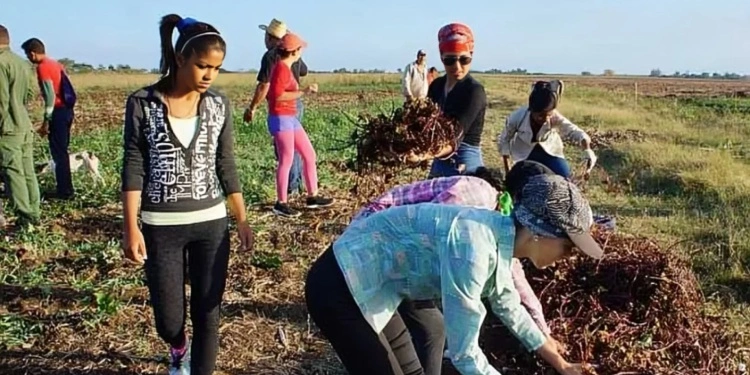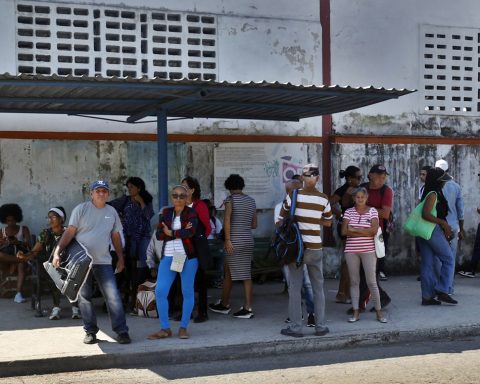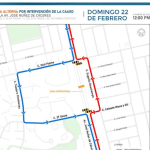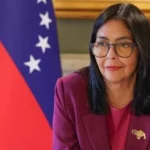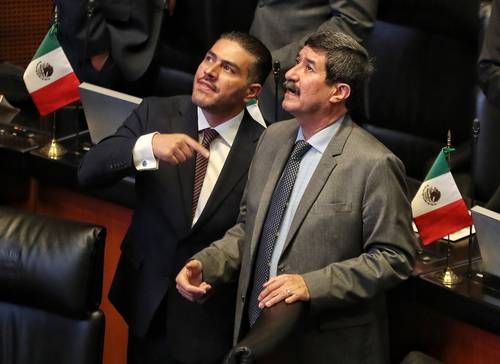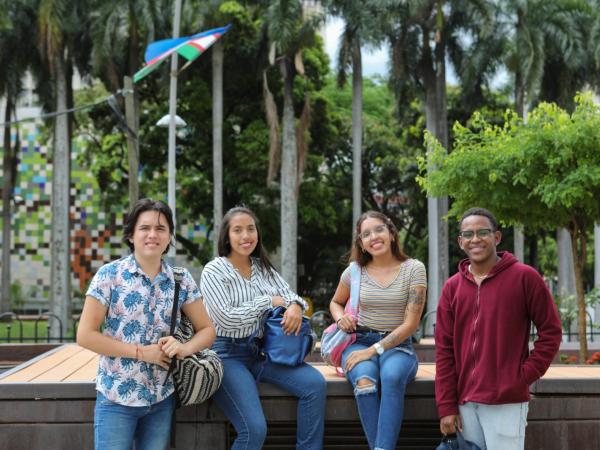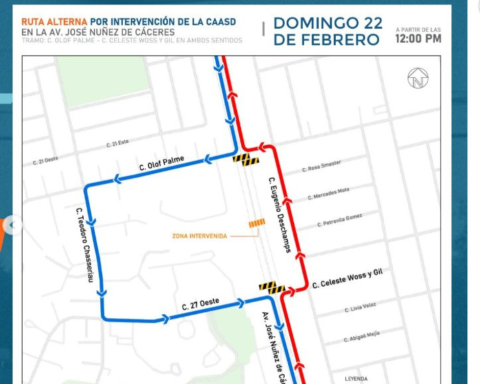SAN LUIS POTOSÍ, Mexico.- The Cuban regime will reimpose the questioned Schools in the countryside for the 2024-2025 school year, a period marked by a large shortage of teachers.
The school-in-the-field model, which has been controversial for representing a form of child exploitation, will focus on linking students with “impactful tasks,” said to the official press Naima Trujillo Barreto, Minister of Education.
Eighth grade, eleventh grade and second year students of Vocational Technical Education will attend, who will attend for 15-day sessions working in organoponic gardens and on tasks on plaques and monuments.
“The return to this model is reminiscent of the methods used in the first decades of the Cuban Revolution, when thousands of young people were sent to the countryside to work in agricultural tasks,” the magazine recalled. Inverted Tree.
The Ministry of Education official argued that “there is also a lot of innovation in all the management strategies that are being applied, for example, to find more suitable alternatives in teacher coverage and political-ideological work and decolonization.”
They intend to combat this decolonization, which they blame on the United States government, with the program “Sowing ideas, sowing awareness,” said the minister.
Cuban children are attending the new school year with a shortage of some 24,000 teachers.
The quality of education in Cuba, which has been one of the slogans used by the Castro regime in its propaganda, has deteriorated to such an extent that the authorities themselves have had to address the issue and acknowledge the crisis.
The minister of the branch expressed to the official press that the low availability of teachers has led the Ministry of Education to interrupt the training cycle of students pursuing teaching careers, in order to place them in front of a classroom at an early age.
This has led to a lack of quality in the educational process. In this regard, he added that many students need to revalue the exams, mainly in Pre-university and Secondary education, and there are knowledge gaps that affect the grades in the entrance exams for higher education.
In the long term, another solution to deal with the teacher shortage in Cuba will be to reduce the number of schools. In line with the demographic dynamics of the countrywhich tend to lead to a decrease in births and, therefore, to fewer children attending school, the authorities will have to reorganize the school network, said the minister.
The Country Schools were a system of boarding that kept students away from their parents and their usual environment. Acts of bullying, fights, alcoholism, drugs, sexual relations between students and teachers and early pregnancies degraded that educational model to the maximum.
Scattered across the country, the massive schools began to fall into disrepair after Fidel Castro retired due to illness.
The ESBECs were converted into shelters for homeless people, or into prisons, other schools have been converted into warehouses, workshops or anything else to pretend that they serve a useful purpose. But worse are those that have been converted into chicken coops.
